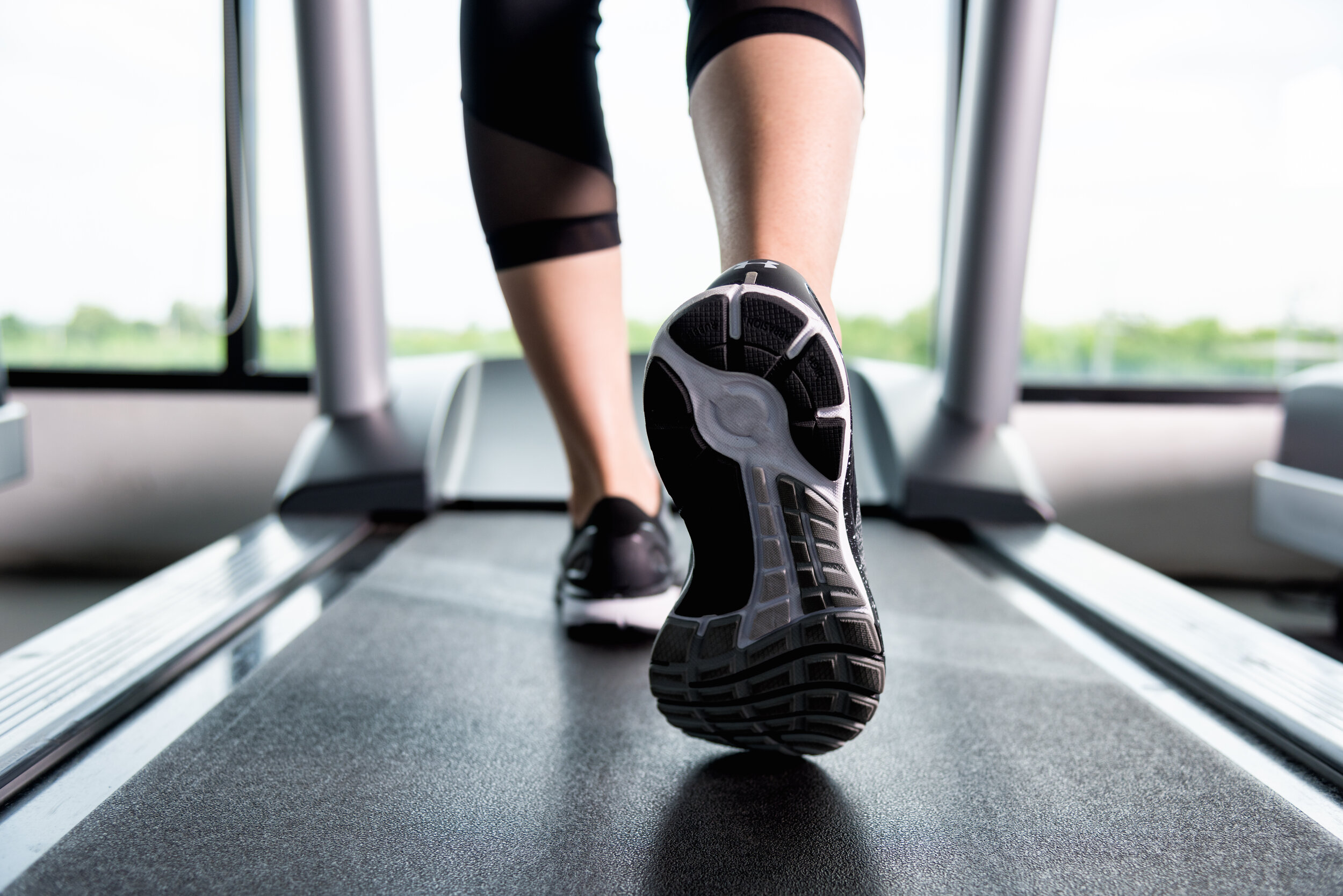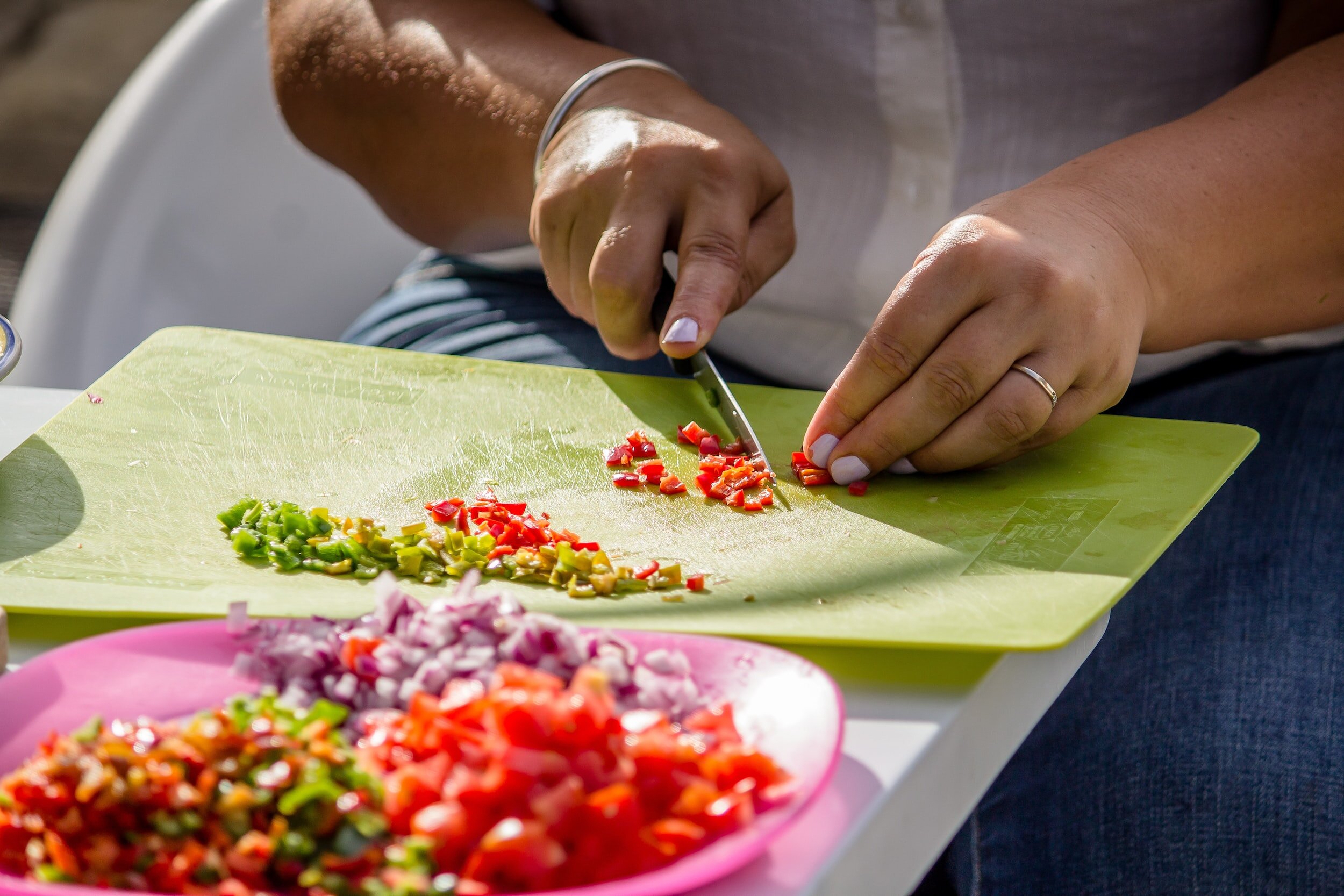The human immune system is a very complicated biological system that relies on many different nutrients to work properly. This might lead some people to conclude that in lew of a balanced diet, perhaps because work and lifestyle patterns prohibit time for cooking, supplementation of these key nutrients is the best way to acquire them.
General protein deficiencies, as well as a lack of specific micronutrients such as iron, copper, zinc, selenium, A, D, E, B6, and B12, can all depress immune system function by inhibiting the production of white blood cells.
Vitamin D deficiency was recently discovered as a key inhibitor of proper immune function in a group of people one wouldn’t imagine suffering from something that can be prevented by 15-20 minutes outside under direct sunlight – collegiate level athletes.
“We… measured around 250 [University of] Loughborough athletes and we found that over half of them had inadequate vitamin D status. A quarter of these had deficient vitamin D status – which is a large proportion of individuals who you would think are eating and training well,” says Mike Gleeson, Professor of Exercise Biochemistry at Loughborough University.
“The issue with vitamin D is that the majority of this comes from sunlight which we simply don’t get enough of in the winter months,” Professor Gleeson explains in a recent appearance on the Experts in Sport podcast from Loughborough U.
Gleeson studied the effects of diet, supplementation, metabolism and probiotics on exercise, particularly in athletes for 40 years before retiring in 2016. Gleeson has co-authored several books on exercise biochemistry, sports nutrition, and exercise immunology, including the 2020 guidebook for public health “Eat, Move, Sleep, Repeat” and entered the 200 club in terms of published academic papers.
D for “deficient”
Vitamin D is critical for muscle function, something that’s only been discovered and flushed out within the last ten years, and Gleeson’s research details that people at the lower end of the spectrum for vitamin D content tend to be more susceptible to infections regardless of the time of year.
Also present specifically in female athletes were deficiencies in iron, zinc, and selenium in addition to vitamin D, which can be lost through sweat, creating a greater need for elite or collegiate level female athletes to increase the amount minerals and of vitamin D in the diet especially during the winter months.
The rub is for both sexes that there aren’t many foods that have a significant content of vitamin D, and so a supplement is a good way of ensuring you aren’t susceptible to illness. A vitamin D supplement should provide 1,000 to 2,000 IUs of vitamin D.
For athletes that remain indoors for their sport, such as swimmers or basketball players, a twenty minute stretch out in the sunlight before a session or game can be a good way to ensure you are receiving adequate vitamin D levels.
Zinc for training and COVID-19
Zinc could be one of the most important minerals that is also most absent in athletes. Zinc performs an important functions for our bodies as an inhibitor of the replication of viruses we are infected with. RNA polymerase, a compound used by viruses to trick our cells’ own replication protocol into replicating the viral proteins rather than our own, is blocked from functioning by zinc.
Due to this inhibiting effect, 75 mg of zinc in the form of a lozenge, says Gleeson, taken at the onset of cold or flu-like symptoms could reduce the overall duration of the athletes’s sickness episode by a third; potentially reducing the time spent out of training and in bed by several days.
A regular zinc supplement is perfectly safe short term, as 75 milligrams is many-times more the normal recommended amount, and while there is no evidence zinc’s inhibiting effect can help reduce the severity or duration of the COVID-19 virus, “it’s certainly something I would be doing”, says Gleeson.
Lastly, Gleeson takes a moment to review whether vitamin C can fortify immune system response, especially during immune-deficient periods perhaps caused by a lack of other nutrients. He cautions thinking that vitamin C alone can work without the stress of moderate to heavy intensity exercise, which many studies looking at vitamin C as an immune system booster also included.
It’s important then for athletes to not overlook basic nutrition requirements when training, especially in winter months.
Continue exploring this topic — Why Do We Take Fish Oil Supplements, And Could There Be Something Better?



